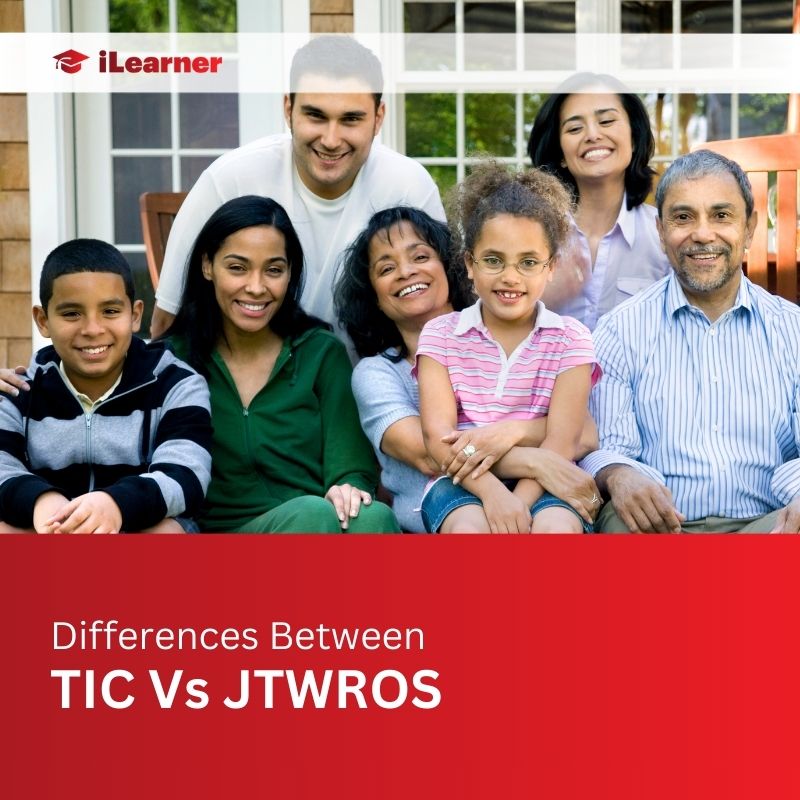Rent control laws play a crucial role in shaping the landlord-tenant dynamic, ensuring fairness and affordability. In Florida, however, a unique stance is taken – there are no legal limits on how much a landlord can increase rent. While this provides flexibility for property owners, there are specific requirements, primarily centered around providing adequate notice to tenants.
This guide explores the dynamics of rent increases in Florida, offering insights into the legal framework, notice requirements, and the methods landlords employ.
Rent Increase Dynamics in Florida (2024)
Florida stands out among states by not imposing legal limits on rent increases. Landlords have the freedom to determine the new rental rates as they see fit. However, this freedom comes with a responsibility – landlords must prioritize providing adequate notice to tenants.
This is particularly relevant in mobile home park tenancies, which are regulated by the Florida Mobile Home Act (Chapter 723, Florida Statutes). This Act ensures that the manner in which rent can be increased is disclosed prior to tenancy, adding a layer of transparency to the process.
Legal Framework and Notice Requirements
Understanding the legal framework in Florida is essential for both landlords and tenants. While there are no specific legal limits on rent increases, landlords must disclose the method of rent increase before the tenancy begins.
This ensures that tenants are informed about potential changes in their rental costs, promoting transparency in the landlord-tenant relationship. It’s crucial for both parties to be aware of these legal aspects to navigate the rental landscape effectively.
Rent Increase Methods
Landlords in Florida have various methods for raising rent. One common strategy is the replacement lease approach, where landlords offer tenants a new lease with higher rental payments. This method allows landlords to adjust rent amounts while renewing the lease agreement. It’s essential for tenants to be aware of these practices and to carefully review any new lease agreements presented by landlords.
Notice Period
The correlation between the notice period for ending a lease and increasing rent is a key aspect of rent dynamics in Florida. Landlords must provide sufficient notice to tenants before implementing a rent increase. While Florida law doesn’t specify a particular time frame, the notice period for terminating a lease is often considered reasonable for rent increases. This notice period varies based on the type of lease:
- For a week-to-week lease: 7 days’ notice
- For a month-to-month lease: 15 days’ notice
- For a quarter-to-quarter lease: 30 days’ notice
- For a year-to-year lease: 60 days’ notice
This relatively short notice period, especially for substantial rent increases, highlights the importance of tenants being proactive and understanding their rights in such situations.
In the following sections, we will delve deeper into tenant rights, local variations, and frequently asked questions regarding rent increases in Florida.
Tenant Rights and Protections
Tenants in Florida hold essential rights and protections when faced with rent increases. In the event landlords fail to provide proper notice, tenants retain the right to pay the existing rent amount on the regular due date. This ensures that tenants are not caught off guard by sudden increases, offering a degree of financial predictability.
Additionally, tenants are protected from discriminatory practices. Landlords must adhere to the Federal Fair Housing Act, prohibiting rent increases based on factors such as age, race, religion, nation of origin, familial status, sexual orientation, military status, or disability status.
Local Variations and Mobile Home Park Tenancies
While Florida lacks statewide rent control laws, there may be local variations that tenants should be aware of. Some cities or counties may have specific regulations governing rent increases, necessitating a closer look at local ordinances.
Furthermore, mobile home park tenancies, regulated by Chapter 723, Florida Statutes, have distinct considerations. Understanding these provisions is crucial for both landlords and tenants involved in mobile home park rentals.
Tenant Recourse and Legal Consultation
Tenants facing improper notice or discriminatory rent increases have various options for recourse. They can file a complaint with the Florida Department of Agriculture and Consumer Services, seek mediation, or pursue legal action.
Given the intricacies of landlord-tenant laws, tenants are encouraged to seek legal consultation for specific cases. Legal professionals specializing in real estate law can provide valuable insights, ensuring tenants are well-informed about their rights and potential courses of action.
Conclusion
In conclusion, Florida’s rent increase landscape presents a unique scenario with no legal limits on the amount landlords can increase rent. However, the emphasis on providing adequate notice ensures transparency and allows tenants to plan accordingly.
Tenant rights and protections, including the right to pay existing rent in the absence of proper notice and protection against discrimination, contribute to a balanced landlord-tenant relationship. Local variations and considerations for mobile home park tenancies add complexity, necessitating a thorough understanding of the legal landscape.
As tenants navigate rent increases in Florida, seeking legal consultation when needed becomes a valuable resource to safeguard their rights and interests.
Frequently Asked Questions (FAQs)
1. Can a landlord increase rent more than once in a year in Florida?
While there is no specific limit on the frequency of rent increases in Florida, landlords have the flexibility to raise rent as often as they wish. However, they must provide tenants with sufficient notice before implementing any changes.
2. Are there any exceptions to the notice period for rent increases in Florida?
The notice period for rent increases in Florida is generally correlated with the termination notice period. However, tenants should be aware of potential local variations that might affect these requirements. It’s advisable to check specific local laws and ordinances for any exceptions or additional requirements.
3. Do Florida’s rent control laws apply uniformly across the state?
Florida, as a state, does not have rent control laws. However, local variations may exist, and certain cities or counties might have their own regulations. Tenants should be aware of potential variations in rent control laws based on their specific location.
4. Can a landlord increase rent for discriminatory reasons in Florida?
No, landlords in Florida cannot increase rent based on discriminatory reasons. The Federal Fair Housing Act prohibits discrimination in housing, including rent increases, based on factors such as age, race, religion, and other protected characteristics.
5. Is mediation a common practice for resolving rent increase disputes in Florida?
Mediation is a viable option for resolving rent increase disputes in Florida. Tenants and landlords can engage in mediation to find mutually agreeable solutions without resorting to legal action. Seeking mediation services can be a constructive approach for addressing conflicts and reaching resolutions amicably.
Also Read:
- Are Evictions Public Record
- Understanding Squatters’ Rights in Colorado: A Comprehensive Guide
- Tenant Rights In Colorado: Rental Laws For Landlords
- AirDNA Review: Is AirDNA Worth It in 2024?
- Do You Tip Airbnb Cleaners? A Guide To Showing Appreciation
- AirDNA Alternatives: 5 Estimator Alternatives For Airbnb
- How to See Your Airbnb Rating | Guide for Hosts and Guests




